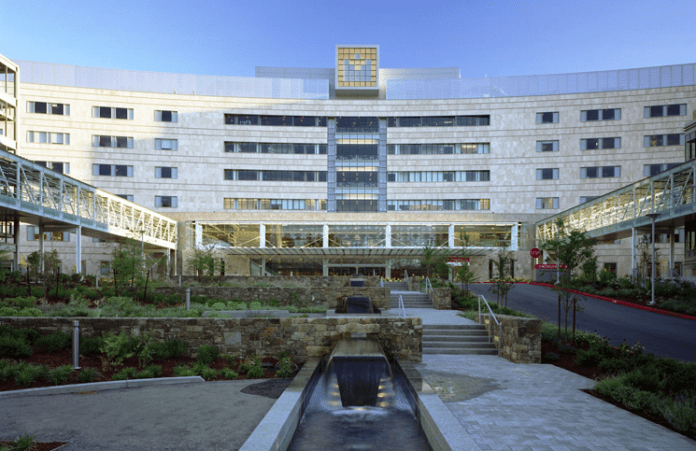It takes a very special person to be a nurse. You must be both a scientist and an artist; emotionally in touch, technically skilled, clinically sound and focused on both the patient and family.
The transformational changes underway in healthcare and an aging population put more demands on our healthcare system; the challenges on nurses are growing exponentially.
The good news is that the nursing staffs of many of the healthcare organizations in the Pacific Northwest, including Legacy Salmon Creek Medical Center, are ready by:
- Preparing for a larger role in an increasingly complex healthcare system;
- Adapting to an aging population and the ongoing threat of a nursing shortage; and
- Creating the best possible nursing practice environment to improve retention, staff engagement and the experience of patients.
A new model of care
Healthcare is moving away from the illness-focused model of care toward a system where we emphasize good health and quality of life. Key to this system is coordinating care across the continuum, focusing on leadership, team collaboration and finding the right balance of setting and resources to keep patients healthy. In the future, this approach will mean we bring care to them in the appropriate setting to meet their individual needs.
Nurses have a key role in this transformation. As part of this move, we are asking our nurses to advance their education and specialization. At Legacy Salmon Creek, we have seen an increase in the number of our nurses earning their bachelor’s and master’s degrees.
We are also seeing more nurses with specialty certification (similar to a board certification for a doctor). Additionally, the role of “advanced practice nurses” is growing. These are nurse practitioners, certified nurse midwives, certified nurse anesthetists and clinical nurse specialists. We are expanding the use of these roles, which changes how we deliver primary care in partnership with our physician colleagues.
Looking to the future
An aging U.S. population means that more people will need medical care and more nurses are nearing retirement age. The result: not enough nurses to take care of patients.
That’s not the case at Legacy. The average age of our nurses is 40; nationally, it is 48.
Part of the story is that because we are in the desirable Pacific Northwest, we can better attract nurses of any age. Another reason is our nurse residency program, in which we hire nursing school graduates and assign them to a mentor for 18 to 28 weeks before they provide any direct care.
For nurses who go through the residency program, the retention rate is 95 percent through the first three years. Other hospitals see a turnover rate of new grads in the range of up to 30 percent in the first year alone.
Embracing experience and engagement
While it’s important to build our workforce from the bottom up, we must also rely on our expert, experienced nurses; none of our departments could function without them.
Not only are the veteran nurses the backbone of our units, it is expensive when we lose them – it costs tens of thousands of dollars to replace a nurse, including recruitment, orientation and additional education or training for specialty areas.
Therefore, we are doing all we can to support our nurses now, with such efforts as:
- Putting in an assistant nurse manager position to help lead and mentor staff and create succession plan for future leaders
- Working on a new scheduling and staffing system that will help nurses with work-life balance
We have seen success: Our turnover rate is just 7 percent; nationally, the average is above 12 percent.
Finally, we know that an engaged nurse provides better care. It’s better for the patient, for Legacy and for the nurse. Therefore, leaders at the top of the organization and at the unit level are focusing on a range of ways to create the best environment for the most satisfied nurse.
We are excited about these and other changes and are proud of the nurses in the region who are helping our healthcare community prepare for the future.
Kelly Espinoza is the VP chief nursing officer at Legacy Salmon Creek Medical Center in Vancouver.


